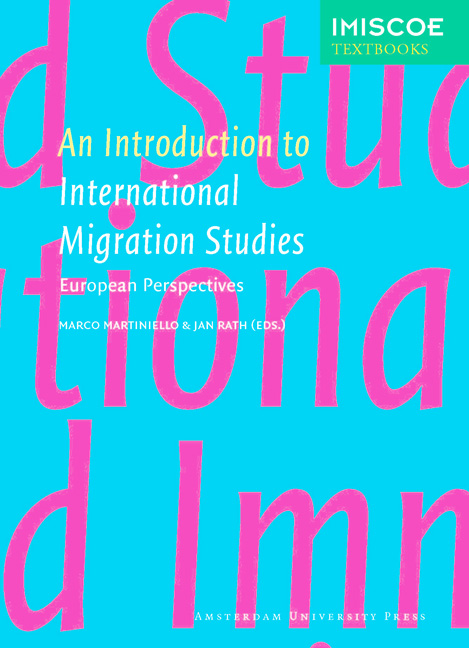6 - Jus Sanguinis and Jus Soli: Aspects of Ethnic Migration and Immigration Policies in EU States
Published online by Cambridge University Press: 14 January 2021
Summary
Theoretical framework
This chapter presents, analyses and re-conceptualises two state-based principles traditionally identified in international law as the determinants of nationality rights. The first is jus sanguinis, meaning ‘right of blood’ or kinship, whereby nationality is transmitted by birth via the matrilineal or patrilineal side or both. The second is jus soli, or ‘right of soil’, which associates the right to citizenship with birth within the territory of a given state. Both concepts have Latin ancestry; they denote the manner by which citizenship is allocated within a state. A third variant of acquiring citizenship is jus domicili, or ‘right of residence’. Unlike the other two principles of acquiring citizenship at birth, the right of residence ‘binds the acquisition of citizenship to permanent residents on a state territory, usually by way of naturalization. Jus domicili, as well as naturalization by way of marriage, amends pure jus sanguinis’ (Ohliger 2005: 344).
These citizenship allocation principles are not directly related to migration as a social phenomenon. They are mediated by distinct state practices and philosophies of immigration as they evolve over time and in differing historical circumstances. Citizenship based on jus sanguinis specifies that a body of citizens will be a community of descent. Thus, it denies the children of immigrants born in their parents’ country of immigration the right to automatically acquire citizenship of their country of birth. This was the case for second-generation Turks born in Germany before the 1999 Constitutional Reforms on Nationality (e.g. Bade 1997: 1-39; Morris 2000). At the core of such state practices is the concept of membership and belonging that defines the state's own identity. To borrow Michael Walzer's famous phrase within normative political theory, ‘the primary good we distribute to each other is membership […] men and women without membership anywhere are stateless persons’ (1983: 31).
It can be argued that these two principles constitute the basic norm of membership as regulated by societies, and in this respect they relate to the regulation of migration issues from the standpoint of emigration (who leaves or is allowed to go) and immigration (who enters and is allowed to do so).
- Type
- Chapter
- Information
- An Introduction to International Migration StudiesEuropean Perspectives, pp. 131 - 154Publisher: Amsterdam University PressPrint publication year: 2012
- 1
- Cited by



